Scuba diving is not just an adventurous hobby; it’s a journey into a world that’s both serene and thrilling. As we dive into the depths of the ocean, we become part of a vibrant ecosystem teeming with life. But with this privilege comes the responsibility of being an accountable diver. This comprehensive guide will walk you through the essential aspects of scuba diving etiquette, ensuring your dives are both enjoyable and respectful to the underwater world.
Responsible Marine Life Interactions
Scuba diving offers a unique opportunity to observe and interact with marine life in their natural habitat. However, it’s crucial to do so responsibly to ensure the safety and well being of these creatures. As divers, we are guests in the underwater world, and it’s our responsibility to respect our hosts.
Understanding the behaviour of marine life is the first step towards responsible interaction. Different species have different behaviours and comfort levels with divers. Some might be curious and approach you, while others might be shy and hide away. It’s important to never chase or harass marine life. Remember, we are in their home.
Maintaining a safe distance is also crucial. Not only does this keep you safe from potentially harmful creatures, but it also minimises the stress on the animals. Avoid touching marine life as much as possible. Many organisms have delicate bodies that can be easily damaged. Moreover, touching can also disturb their natural behaviour and may cause them unnecessary stress.
Lastly, never feed marine life. Feeding changes their natural behaviour and can lead to health problems. It can also make them dependent on humans for food, which disrupts the natural balance of the ecosystem. Always remember, our goal as divers is to observe and appreciate marine life, not to interfere.
The Art of Passive Interaction
When underwater, it’s essential to remain calm and approach marine life slowly. This approach, known as passive interaction, ensures that marine animals do not feel threatened, allowing you to observe their habitat without disturbing them. Remember, the key is to be slow. Quick movements can scare marine animals, causing them to flee or adopt defensive mechanisms.
Respecting Boundaries
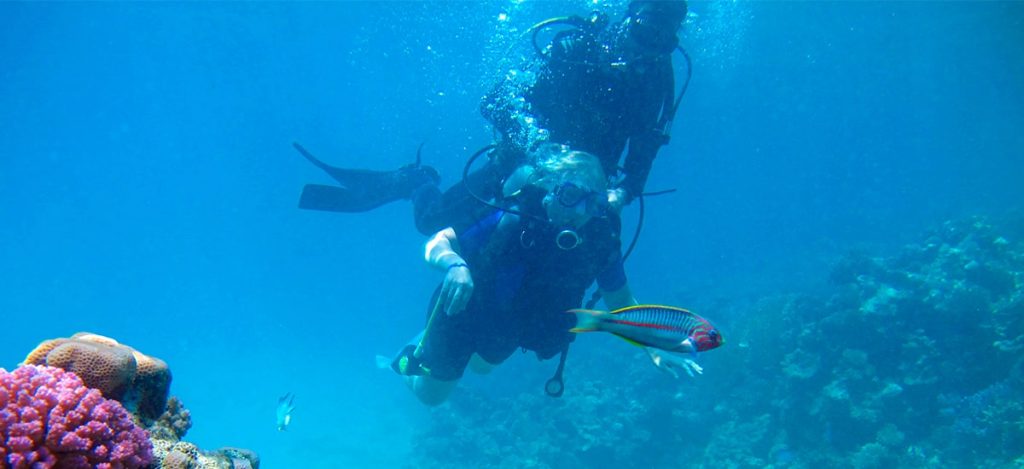
Respecting the boundaries of marine life is another crucial aspect of scuba diving etiquette. Avoid touching marine life as it can disrupt their habitat and potentially trigger defensive reactions. By being a responsible diver, you can make scuba diving a beautiful experience that harmonises with nature.
Following Dive Site Rules and Regulations
Scuba diving is an exhilarating adventure that opens up a whole new world beneath the waves. But like any adventure sport, it comes with its own set of rules and regulations that are designed to ensure your safety and the preservation of the underwater environment.
Every dive site is unique, with its own set of challenges and attractions. Before you dive, it’s crucial to familiarise yourself with the specific characteristics of the site. This could include understanding the local marine life, knowing the topography, and being aware of any potential hazards.
Adhering to the dive site rules and regulations is not just about your safety, but also about preserving the site for future divers. This includes respecting marine life, not leaving any trash behind, and not taking anything from the site. Remember, the underwater world is a precious ecosystem that we need to protect.
Pre Dive Preparation
Preparing your body well ahead of diving is crucial. This includes understanding the specific challenges of the dive site, such as shipwrecks or narrow spaces. Checking the permitted depth limit of the dive site and preparing accordingly can enhance your diving experience.
Understanding Your Dive Site
While it’s not essential to know everything about the dive site, it’s important to be aware of its unique features and challenges. This knowledge will help you prepare adequately and ensure a safer and more thrilling dive.
Communicating with Other Divers
Communication is key in any team activity, and scuba diving is no exception. Underwater, where verbal communication is not possible, divers rely on a system of hand signals to convey messages to each other.
Before diving, make sure you and your dive buddy are familiar with the basic scuba diving hand signals. This includes signals for “OK”, “problem”, “low on air”, and “end the dive”. In case of an emergency, being able to communicate effectively can make a big difference.
In addition to hand signals, divers also use their dive lights, fins, and even bubbles to communicate underwater. For example, a rapid movement of the dive light usually means attention is needed. Always remember, good communication contributes to a safe and enjoyable dive.
Alternative Communication Methods
Knowing your dive limit is crucial for your safety. It prevents you from diving beyond your capabilities, which can lead to dangerous situations. It also helps you manage your air consumption effectively and avoid decompression sickness.
The Importance of Hand Signals
Hand signals are the most reliable form of communication while diving. There is a set of universally understood scuba diving hand signals that every diver should know. These signals can be crucial in times of emergency, helping you communicate effectively with your diving buddy.
Equipment Handling
Proper equipment handling is a vital part of scuba diving. Your equipment is your lifeline underwater, and taking good care of it ensures it performs optimally when you need it.
Before every dive, make sure to check your equipment thoroughly. This includes checking your regulator for easy breathing, making sure your BCD inflates and deflates properly, and checking your dive computer for correct settings.
After the dive, rinse your equipment with fresh water to remove salt, sand, and other potential contaminants. Allow it to dry completely before storing to prevent the growth of mould and bacteria. Regular maintenance and servicing of your equipment are also crucial to ensure its longevity and reliability.
Pre and Post Dive Equipment Care
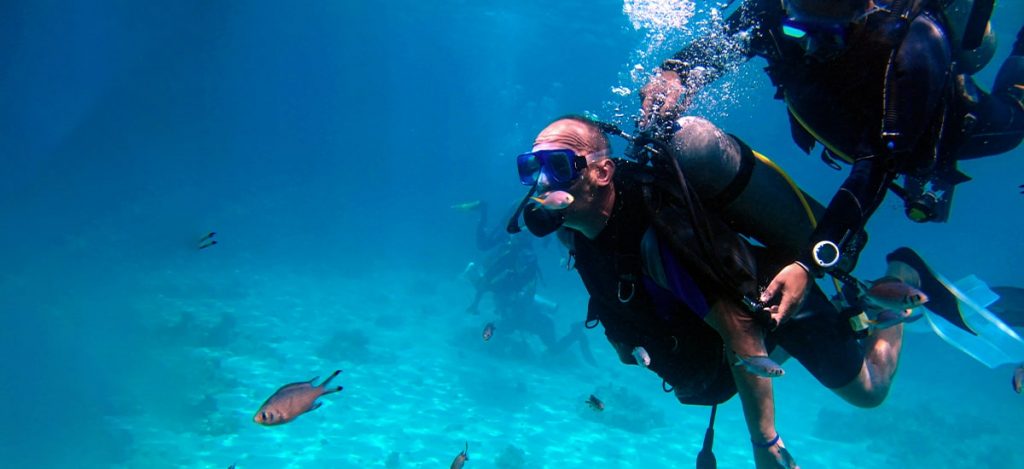
Rinsing your scuba gear with fresh water after every dive, irrespective of diving in saltwater, freshwater, is essential. This helps remove any salt formation, sand, and other contaminants. Drying your diving gear and equipment after every dive, ideally in dry and breezy places, ensures that there is no growth of mould or bacteria. Avoid drying them under direct sunlight as it can make the equipment brittle and may cause cracks.
Regular Equipment Checks
After drying your equipment, it’s important to check all the moving parts to ensure they are functional. This helps identify any sand or salt particles that might cause a malfunction during your next dive. Regular checks and maintenance increase the reliability of your equipment, allowing you to dive with confidence.
Proper Equipment Storage
Storing your equipment in a clean and dry place is crucial for maintaining its shape and functionality. Make sure you dry them completely before putting them away. Also, avoid placing gears and equipment on top of each other as they may bend and result in a change of shape.
Scuba diving etiquette is about more than just rules; it’s about respect for the ocean, for marine life, and for fellow divers. By following these guidelines, every diver, from beginner to pro, can contribute to a safer and more enjoyable diving experience.
So, gear up, dive in, and remember the ocean is a world to explore, not exploit. Have a safe and fun dive, folks!
FAQs:
-
What is the golden rule of scuba diving?
The golden rule of scuba diving is to breathe continuously and never hold your breath. Holding your breath while scuba diving can lead to serious injuries due to the changes in pressure underwater.
-
What is the 1-3 rule in diving?
The 1-3 rule in diving is a guideline for air management. It suggests using one third of your air supply for the outward journey, one third for the return, and keeping one third in reserve for emergencies.
-
What is the rule of 6 in diving?
The rule of 6 in diving is a guideline for decompression stops. It suggests that the last 6 metres of ascent should take at least 6 minutes to ensure safe decompression.
-
What is the most important scuba diving etiquette?
The most important scuba diving etiquette is respecting marine life and the underwater environment. This includes not touching marine life, not leaving any trash behind, and not causing any damage to the coral reefs.
-
How should I handle my equipment while scuba diving?
Proper equipment handling is crucial in scuba diving. Always rinse your gear with fresh water after every dive, dry it properly, check for any malfunctions, and store it in a clean and dry place to maintain its condition and ensure your safety during dives.
If you’re interested in learning more about the etiquette of scuba diving, Pursueit is the platform for you.
We connect you with certified and experienced diving instructors who can guide you through the intricacies of scuba diving in dubai. With a variety of private diving lessons to choose from and a seamless booking process, you can easily find and book the perfect instructor for your private diving lessons.
So, if you’re ready to dive deeper into the world of scuba diving, visit Pursueit today!
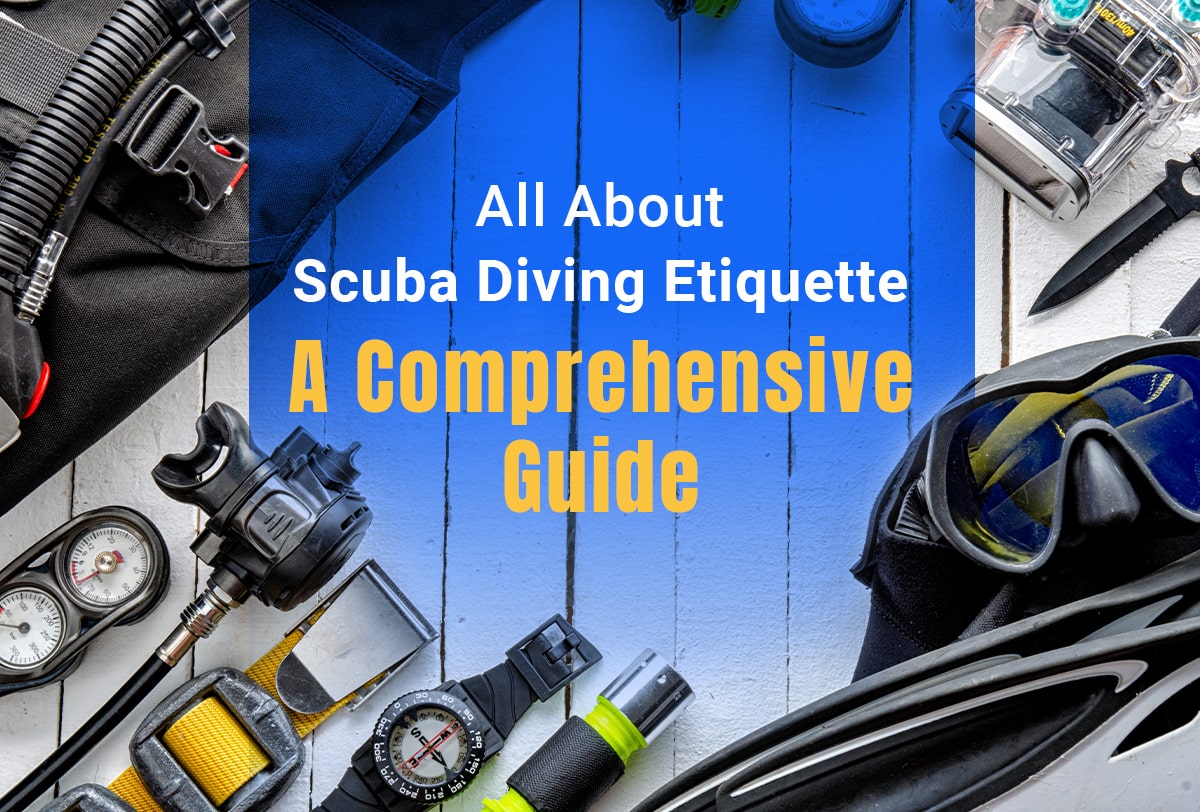



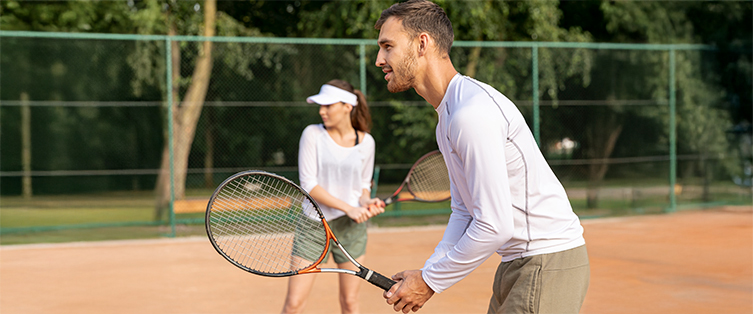
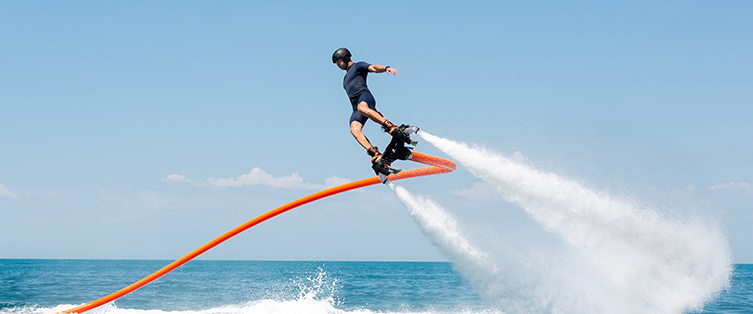
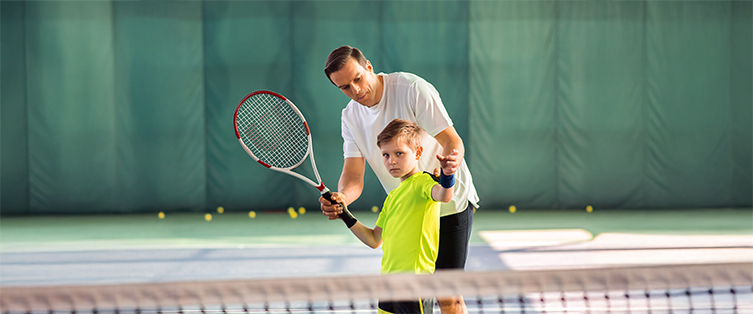
Leave a Reply